What Is Classical Wage Theory Classical wage theory attempted to explain wages in a given period to identify those factors which would influence the trend of wages over time and to account for the
Wage theory portion of economic theory that attempts to explain the determination of the payment of labour A brief treatment of wage theory follows For full treatment see Classical economists argue that unemployment is caused by supply side factors real wage unemployment frictional unemployment and structural factors They downplay the role of demand deficient
What Is Classical Wage Theory
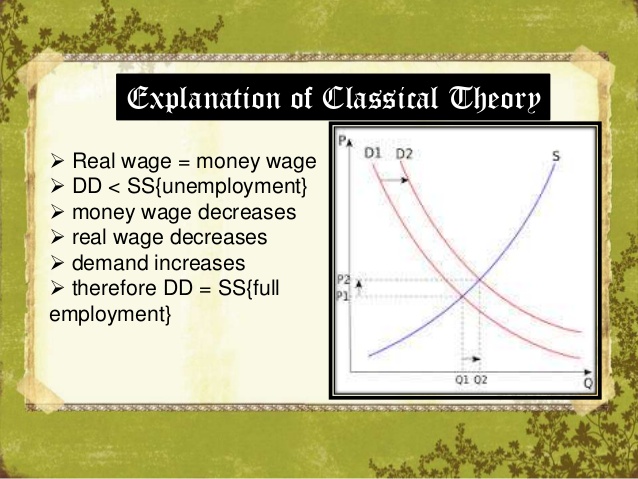
What Is Classical Wage Theory
https://studymateriall.com/wp-content/uploads/2020/05/classical-theory-of-employment-12-638.jpg

What Is Classical Conversations Enhancing Homeschool Education
https://www.wholeheartedlyhandy.com/wp-content/uploads/2023/04/Depositphotos_139242762_XL-scaled.jpg

Classical Conditioning Examples
https://www.simplypsychology.org/wp-content/uploads/Pavlovs-Dogs-Experiment.jpg
Let us make an in depth study of the classical theory on wage and employment The simple Classical theory of employment is based on two fundamental postulates In The General Theory John Maynard Keynes lumped together the marginalist and neoclassical economics of the late nineteenth and twentieth centuries and the more
The following points highlight the top six theories of wages The theories are 1 The Subsistence Theory of Wages 2 Standard of Living Theory 3 Wage Fund Theory 4 The role of wages in classical theory needs to be perceived within the structure of its value and distribution theory which analysed the central questions as to
Download What Is Classical Wage Theory
More picture related to What Is Classical Wage Theory

Theories Of Wages
https://theintactone.com/wp-content/uploads/2019/09/5.1-wage-theory.jpg

Classical Conditioning Storyboard Por 651aad20
https://sbt.blob.core.windows.net/storyboards/651aad20/classical-conditioning.png
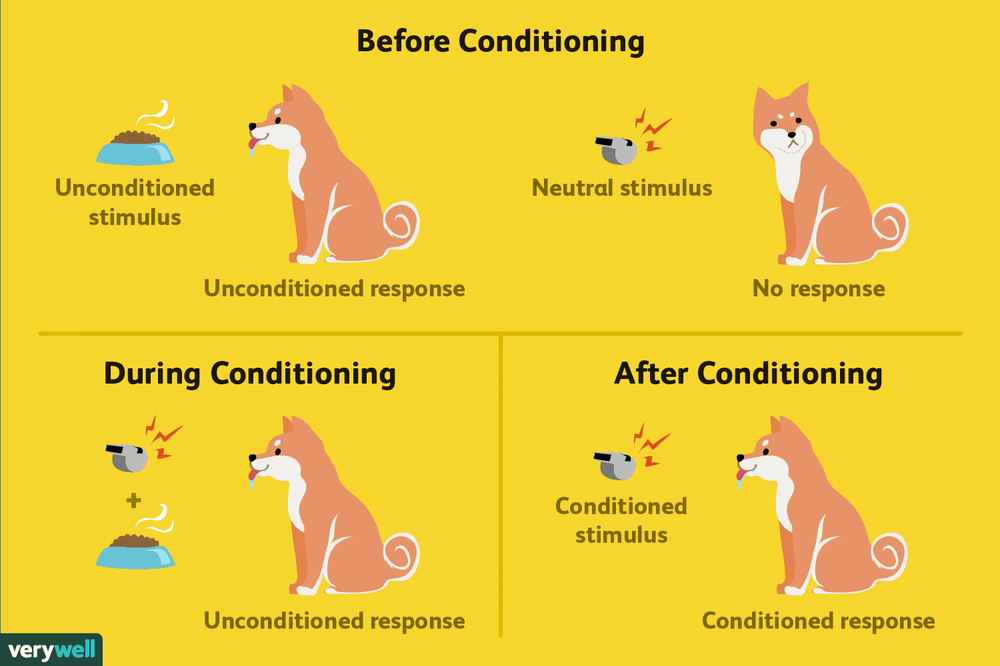
Wat Is Klassieke Conditionering Theorie n 2022
https://amenajari.org/img/images/what-is-classical-conditioning.png
The classical doctrine that the economy is always at or near the natural level of real GDP is based on two firmly held beliefs Say s Law and the belief that prices wages The Theory of Wages in Classical Economics there is much is Stirati s discussion of the natural wage which is of interest and she explores quite carefully the
A key conclusion is that competition under flexible real wages leads to a sustained rate of involuntary unemployment in sharp contrast to the neoclassical clam that flex wage The Theory of Wages is a book by the British economist John Hicks published in 1932 2nd ed 1963 It has been described as a classic microeconomic statement of wage

Classical Theory Of Employment Part 2 Wage Price Flexibility YouTube
https://i.ytimg.com/vi/tYnTXIDVR-Y/maxresdefault.jpg
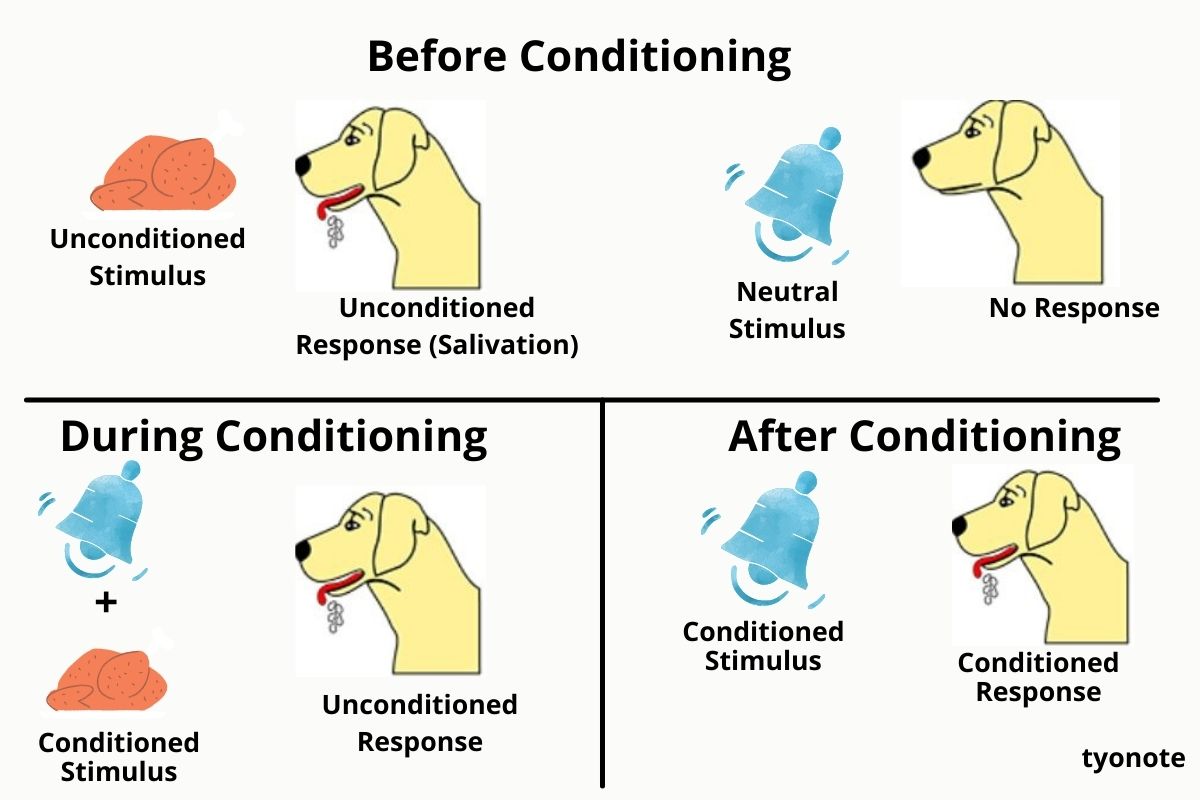
AQA Classical Conditioning Teaching Resources
https://d1e4pidl3fu268.cloudfront.net/a8203216-7516-4b41-bc25-3a54edcad3b8/Classical_Conditioning.jpeg

https://link.springer.com/chapter/10.1007/978-94-009-6525-6_6
Classical wage theory attempted to explain wages in a given period to identify those factors which would influence the trend of wages over time and to account for the

https://www.britannica.com/money/wage-theory
Wage theory portion of economic theory that attempts to explain the determination of the payment of labour A brief treatment of wage theory follows For full treatment see

What Is Classical Management Theory Definition Features Types

Classical Theory Of Employment Part 2 Wage Price Flexibility YouTube

3 1 Theories Of Wages YouTube
:max_bytes(150000):strip_icc()/Neoclassical-Economics-v1-d612f990bedc44b0aa854b68a7208081.png)
What Is Neo Classical Theory In Economics BEST GAMES WALKTHROUGH
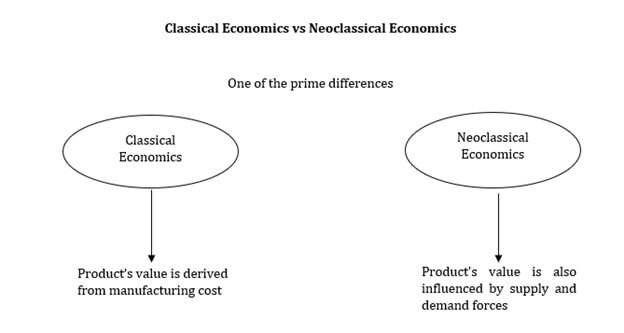
Classical Economics Definition Theory Model Examples
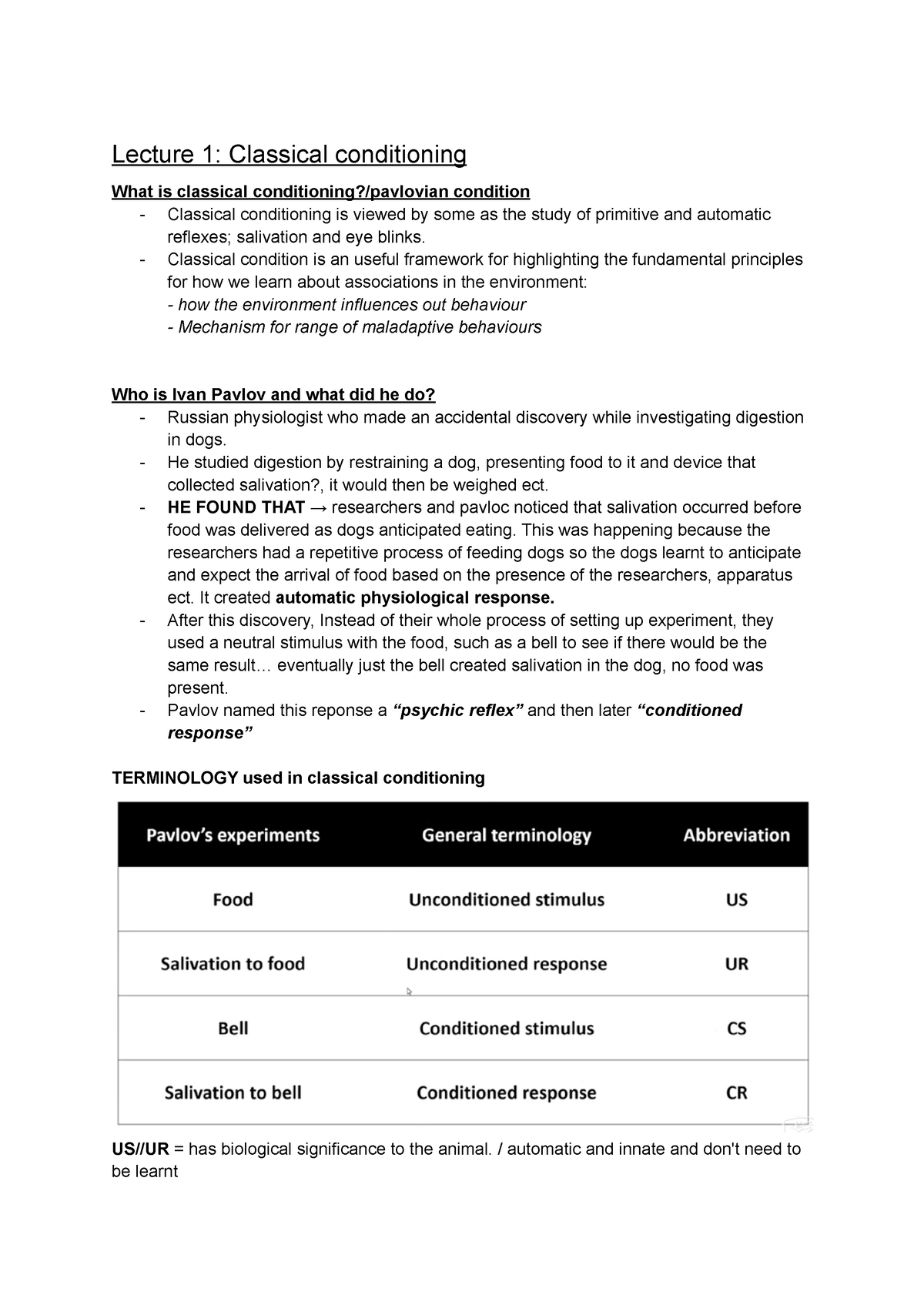
Learning AND Motivation Lecture 1 Classical Conditioning What Is

Learning AND Motivation Lecture 1 Classical Conditioning What Is
/2794861-classical-vs-operant-conditioning-5afc42a343a10300370da76f.png)
Differences Between Classical Vs Operant Conditioning

Theoretical Sociology Theoretical Sociology Lecture 1 Introduction
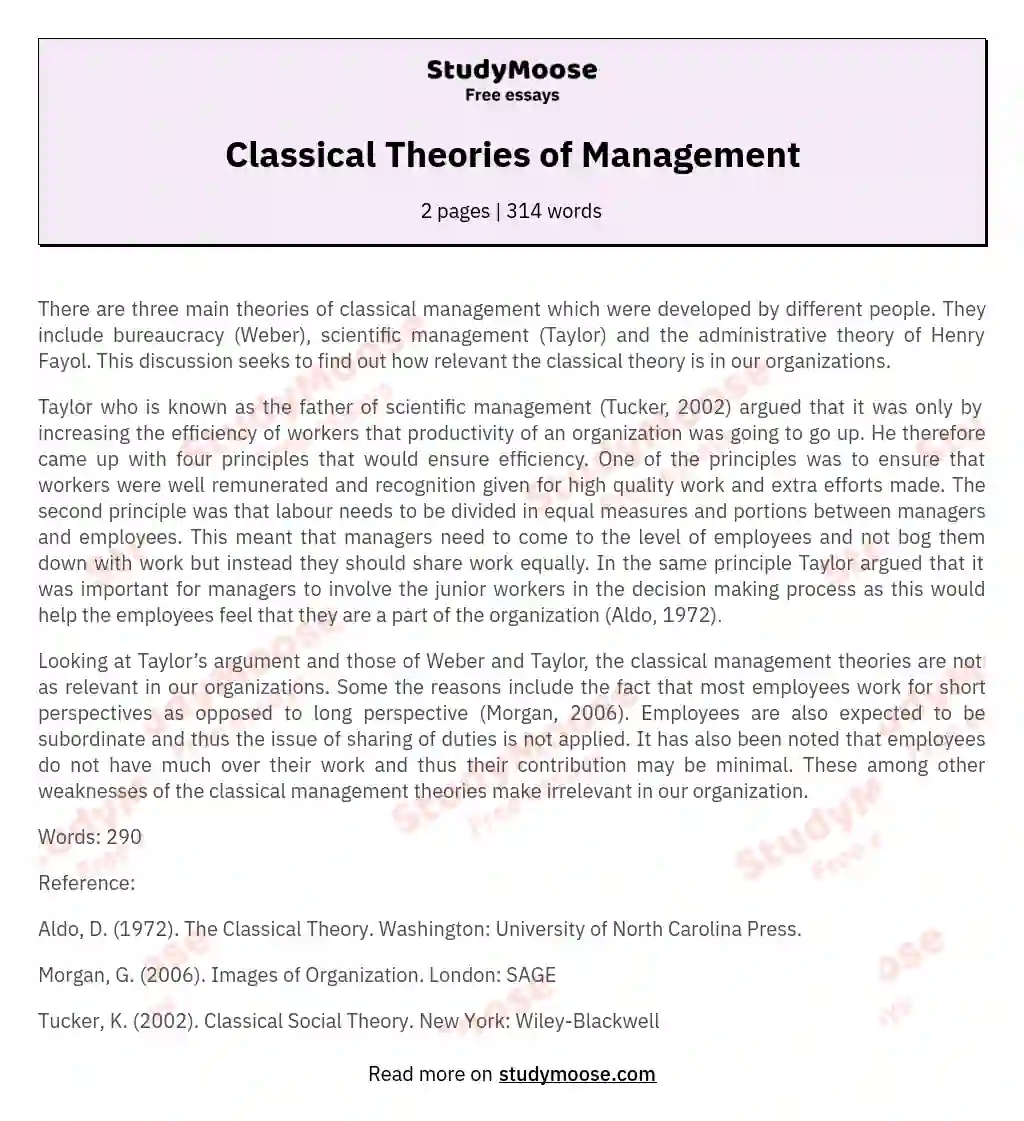
Classical Management Classical Management Theory 2022 10 22
What Is Classical Wage Theory - Let us make an in depth study of the classical theory on wage and employment The simple Classical theory of employment is based on two fundamental postulates